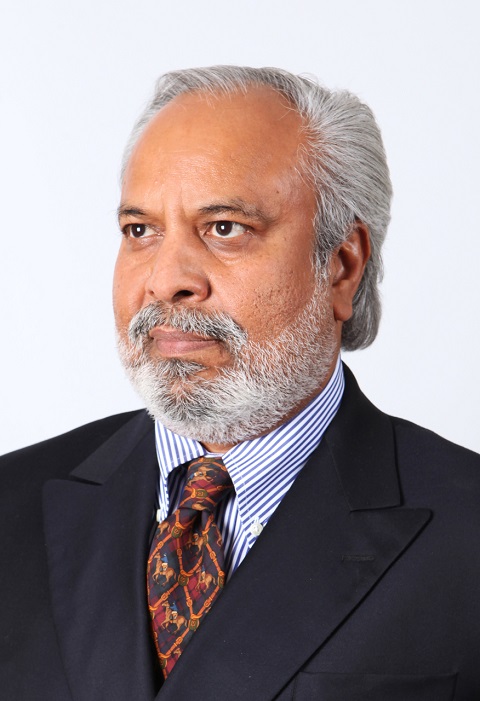A Less Invasive Alternative to CABG – RWJBarnabas Health
“If you are with Dr. Wasty, you are in good hands.”

Charles Williams, 60, of Roselle, NJ, lives life to the fullest, having had a long career in campaign management for Essex County and New Jersey state public servants. He is currently working in the medical technology and pharmacology field, practices Tai Chi for two hours a day and stays active with his big family that includes his wife, 4 children and one grandchild.
But when in September of 2021 he woke up with chest pains and shortness of breath, he knew something was amiss. He had no history of heart problems although heart disease ran in his family, as his father passed at age 44 from a heart attack. He quickly went to a local hospital where he went immediately for an emergency heart catheterization. The angiogram revealed severe blockages of all three major arteries of the heart and coronary artery bypass surgery was recommended.

Being on dialysis, he consulted his nephrologist and wanted to see if he had any other options, due to his chronic renal insufficiency. He remembers his mother had developed some blockages and she had a stent procedure. A friend soon referred Williams to interventional cardiologist Najam Wasty, MD, FACC, FSCAI, Director of the Cardiac Catheterization Laboratory at Newark Beth Israel Medical Center.
Dr. Wasty, who also is director of NBI’s Interventional Cardiology Fellowship program, has trained many other cardiologists around the country to perform non-surgical, protected percutaneous coronary intervention (PCI), as an alternative to open chest surgery. The American College of Cardiology recommends CABG as the preferred treatment for blockages as the gold standard. As a secondary option, PCI and protected PCI is available to a certain population of patients who qualify.
“Less invasive than traditional CABG, PCI is an alternative for a certain population of cardiac patients,” said Dr. Wasty. Wasty is also a pioneer in protected PCI, a non-surgical procedure where an experienced interventional cardiologist expertly guides a small heart pump, a device called an Impella® through the femoral artery in the leg and up to the heart. This pump temporarily assists the heart to maintain blood flow to the body while the interventional cardiologist addresses the blockages.
With either procedure, most patients are home in 24 hours, states Dr. Wasty, who was one of the first physicians in New Jersey to perform protected PCI procedures using the Impella® mini heart pump.
Dr. Wasty sent several studies from the medical literature from the U.S. and Europe for Mr. Williams to review. Williams also visited several other physicians to see what his options specific to his case were. After his extensive research one of his physicians finally said to him, “If you are with Dr. Wasty, you are in good hands,” and soon his procedure was scheduled.
As planned, Mr. Williams was home in a little over 24 hours and is feeling close to his old self again. He recently had a stress test 5 months after his PCI that he passed with flying colors. “I feel great!” he says and he looks forward to finally be able to work to share the story of his ancestry, as a descendant of William Still, the Angel in Philadelphia and Lawnside, NJ, who was instrumental in the Underground Railroad in the area.
Whoever your heart beats for, our hearts beat for you. To connect with a top cardiovascular specialist at Newark Beth Israel Medical Center, call 888-724-7123 or visit Heart and Vascular Care.
